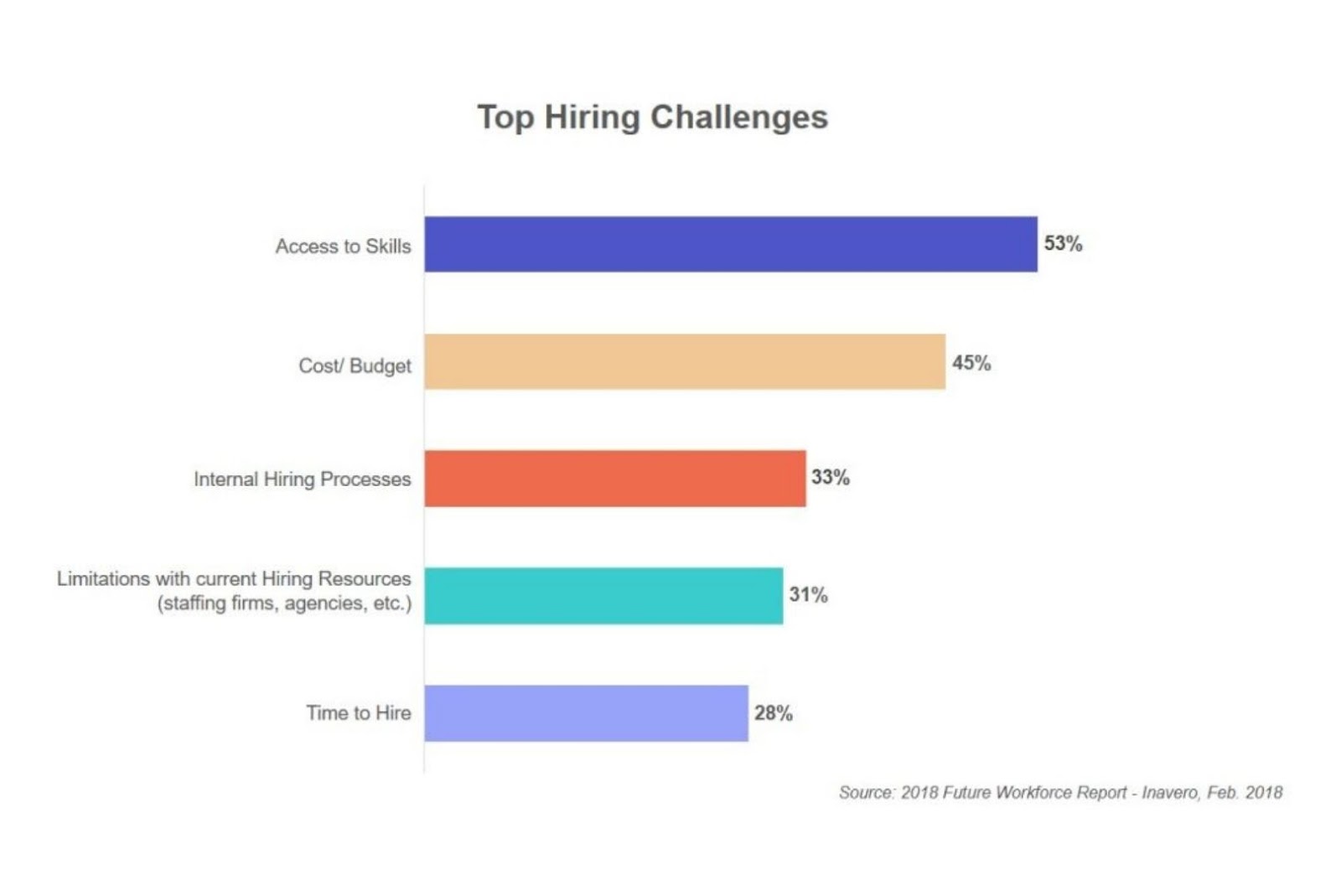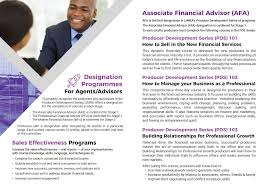
If you're looking to become a financial advisor, you should consider a financial advisor development program. These programs provide the necessary skills and knowledge for success in this industry. Everything from financial planning to investment will be covered. You will also learn how market your practice and establish your service model. And once you're finished, you'll have formed a valuable network of professionals who can help you succeed in the business.
Accreditation of financial advisor programs is the most important criterion
Accreditation is an essential criteria in selecting a financial adviser development program. Accreditation provides a stamp of approval from a respected overseeing body that ensures the quality of the program. Accredited programs can also be eligible for financial aid, and you can transfer credits from other educational programs.

Students must pass Securities Industry Essential (SIE Exam).
Students must pass the Securities Industry Essential, a test administered through FINRA, to become a financial planner. This exam is prerequisite to most of the exams necessary to become a licensed security professional. To take the exam, students must be at most 18 years of age. The SIE exam has 75 multiple-choice question. 70% is the minimum passing score. It's a great choice for students and job changers who are interested in the industry. It is an indicator that you are serious in your pursuit of the field.
The SIE exam can increase your marketability and help advance your career. Although the exam may seem intimidating, there are many study options available. It will give you the edge over your peers and open doors to your future in the financial industry.
Students must complete Financial Planning Specialists' (FPS) program
Students must complete a rigorous course of study to become Financial Planning Specialists. This program prepares students for the 160 multiple-choice PFS exam. A majority of the questions can be used as standalone questions. The other half will require you to complete case studies. Candidates have five hours to complete the exam. To prepare for the exam, students can watch a video tutorial that includes a practice exam session. The program requires that students complete four technical certificates and an entire education bundle.

A Personal Financial Planning Specialist is a certified professional in financial planning. He or she must meet the AICPA's accreditation standards. PFS can work in areas such as financial management and tax preparation. PFS students need to have extensive experience in 11 areas.
FAQ
What contracts are available for consultants?
Standard employment agreements are signed by most consultants when they are hired. These agreements outline how long the consultant will work for the client, what he/she will get paid, and other important details.
Contracts specify the area of expertise that the consultant will specialize in and the amount they will be paid. One example is that the agreement may specify that the consultant provides training sessions and workshops, webinars, seminars, or other related services.
Sometimes, the consultant just agrees to complete certain tasks within a defined timeframe.
Many consultants sign independent contractor agreements in addition to the standard employment agreements. These agreements allow the consultant to work independently but still receive payment for his/her efforts.
How did modern consulting come to be?
Consultants were originally accountants who could help companies manage their financial affairs. They were able to manage financial information and became "accounting experts". However, this role soon expanded into other areas, such as human resources management.
The term "consultant" came from the French word for "to advise." It was used by businessmen to describe someone who could offer advice on how to run an organization. Today, business owners still use the term consultant to refer to any type of professional advisor.
Who hires consultants
Many organizations employ consultants to assist in projects. These consultants can be found in small and large businesses as well as government agencies, universities, educational institutions, non-profits, and education institutions.
These consultants may work directly for the organization, or freelance. The hiring process will vary depending on the complexity and size of the project.
Before you can hire a consultant, there will be several rounds of interviews.
How can I select a consultant?
Three main factors should be considered:
-
Experience - How much experience does this consultant have? Is she an expert, beginner, intermediate or advanced consultant? Does her resume demonstrate that she has the required skills and knowledge
-
Education - What did he/she learn in school? Did he/she continue to take relevant courses after graduation? Is there evidence that he/she learned from the writing style?
-
Personality - How do we feel about this person? Would we want him/her to work for us?
-
These questions will help us determine if the consultant is right to meet our needs. If you do not have the answer, it is worth interviewing the candidate to find out more.
How much are consultants paid?
While some consultants may make over $100k per annum, most consultants earn between $25k and $50k. The average salary for a consultant is $39,000. This includes hourly as well as salaried consultants.
Salary depends on experience, location, industry, type of contract (contractor vs. employee), and whether the consultant has his/her own office or works remotely.
Statistics
- According to statistics from the ONS, the UK has around 300,000 consultants, of which around 63,000 professionals work as management consultants. (consultancy.uk)
- 67% of consultants start their consulting businesses after quitting their jobs, while 33% start while they're still at their jobs. (consultingsuccess.com)
- On average, your program increases the sales team's performance by 33%. (consultingsuccess.com)
- WHY choose me: Why your ideal client should choose you (ex: 10 years of experience and 6-week program has helped over 20 clients boost their sales by an average of 33% in 6 months). (consultingsuccess.com)
- My 10 years of experience and 6-step program have helped over 20 clients boost their sales by an average of 33% in 6 months. (consultingsuccess.com)
External Links
How To
What Does A Typical Day For A Consultant Look Like?
A typical day will vary depending on the type of work you are undertaking. However, the majority of your day will consist of research and planning, meeting clients and preparing reports.
You will have many meetings where clients and you can discuss their issues. These meetings may be over the phone via email, on-line, or face-to–face.
The proposal is a document that outlines your ideas and plans to clients. These proposals should be discussed with a mentor or colleague before being presented to clients.
After all the preparation and planning, it's time to actually create some content. For example, you could be writing articles, designing websites, creating videos, editing photos, or conducting interviews.
Based on the scope and complexity of the project you may need research to obtain relevant statistics. You might need to determine how many customers you have, and whether they buy more than one product.
Once you have enough information, it is time to present your findings and conclusions to clients. Your findings may be delivered orally, or written.
You must also follow up with clients following the initial consultation. You can call clients to ask how they are doing or send emails asking for confirmation that your proposal was received.
This process takes time, but it's important to ensure that you stay focused and maintain good relationships with clients.